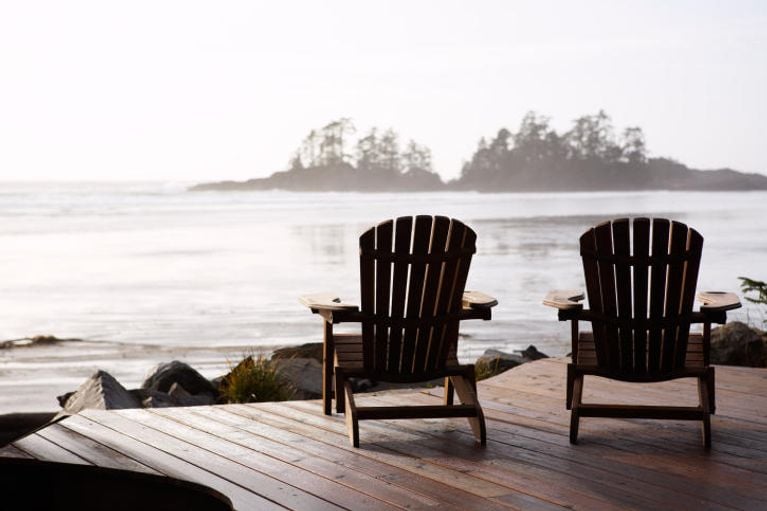How to keep the cottage in the family

Your cottage is your piece of paradise — you’ve enjoyed it for years and when you’re gone, your kids will carry on the tradition. Or will they?
If you’re planning to leave your cottage to them in your will, remember that the taxes can be crippling. When you die, your estate — or your kids — will be faced with capital gains tax on your property based on “fair market value.” So, if you bought your cottage in the 1970s for $10,000 and today it’s worth $300,000, 50 percent of the appreciated value will be considered taxable as a capital gain (in this case $290,000 x 50 percent). The cottage might have to be sold just to pay the taxes. Without careful planning, your cottage could turn into a financial burden, or battlefield for your kids once you die. Make sure you include the cottage in your estate plan and consider these steps to help ease the tax burden.
Talk to your kids
Your kids love coming to the cottage — why wouldn’t they want to inherit it one day? It’s dangerous to assume, and it could lead to heartbreak when you die. For example, if one wants the cottage and the other doesn’t, it could force the sale of the property and lead to family strife. Sit down with your children and find out what their plans are. They might not want to take on the added costs — or they might have plans to purchase their own properties at some point.
Buy a life insurance policy
Probably the simplest way to help your kids handle the tax bill when you die is to buy a life insurance policy to cover the projected costs. A $500,000 insurance policy (or less) can ease the pain when it comes time for your kids to inherit the place.
Give it to them now
You can simply transfer the cottage to your kids now to avoid a large tax bill when you die. But be careful — doing so will trigger a capital gain for you, even if you sell it to them at a bargain basement price.
Put it in a trust
Holding your cottage in a trust can help avoid a hefty tax bill since a family trust doesn’t have to file tax returns unless income is earned. It can also help establish joint ownership rules to ease potential conflicts around splitting expenses etc. But trusts are also subject to tax every 21 years so beware — your family will have to pay…eventually.
Make it your principal residence
The principal residence exemption means that your main residence isn’t subject to capital gains tax. So if you have a house in the city and your cottage, then consider which one is worth more. If your cottage is the pricier of the two, then making it your principal residence could help ease the tax bill when you die.
Caroline Cakebread is a Toronto-based financial writer and editor. She’s also a recovering academic and the mother of two kids. Check out her personal finance blog for Chatelaine Your Money.
GET CHATELAINE IN YOUR INBOX!
Subscribe to our newsletters for our very best stories, recipes, style and shopping tips, horoscopes and special offers.